 In 2023, the Leadership Centre ran a systems leadership development programme for public health professionals, commissioned by the Office of Health Improvement and Disparities in Yorkshire and the Humber. Collette Brauns, Senior Head of Living Well at NHS Bradford and Craven Health and Care Partnership was one of those who took part in the programme. Collette has shared with us her experience and the impact that it is now having on her practice, as strategic lead for a whole system obesity transformation programme across Bradford and Craven.
In 2023, the Leadership Centre ran a systems leadership development programme for public health professionals, commissioned by the Office of Health Improvement and Disparities in Yorkshire and the Humber. Collette Brauns, Senior Head of Living Well at NHS Bradford and Craven Health and Care Partnership was one of those who took part in the programme. Collette has shared with us her experience and the impact that it is now having on her practice, as strategic lead for a whole system obesity transformation programme across Bradford and Craven.
I had wanted to find a leadership course for a while, so when I heard about this and I realised it was based on systems leadership approaches and had a focus on public health, I was immediately drawn to it. Ultimately my job is about reducing obesity but that is such a big, complex issue that you have to work across many different systems to have any kind of impact. The whole systems approach in my world is not just offering individual behaviour change solutions, like a Weight Watchers voucher or some medication to lose weight; it’s about making the places where we live, learn and play easier to make the healthy choice. It’s about empowering people and supporting them to move more, get good sleep and manage their physical and mental wellbeing. I’m a very passionate advocate of the social model of health.
It was immediately obvious to me that the programme was developed with an excellent understanding of the environments that all of us wrestling with system change work within. When you’re doing these big strategic change roles, you can quite often feel isolated and that the goal is just too big. On a bad day, you can feel like you’re not making a difference because it’s such a large-scale change and the problems we are tackling are challenging and so interwoven with other issues. The programme connected me to other people doing similar roles across the region which was very welcome!
“It was immediately obvious to me that the programme was developed with an excellent understanding of the environments that all of us wrestling with system change work within.”
To work effectively in a system transformation role, you really do need to be able engage well with stakeholders, so stakeholder mapping is not new to me. But overlaying it with common purpose – essentially thinking about who in your system gets your purpose and rationale, and who doesn’t, was incredibly helpful. It allowed me to map who is already broadly supportive, to begin building that bigger family of people that are needed to support an overall change. We have over 100 people working on Living Well, so a big part of my job is joining the dots across the system and looking for shared opportunities, and this approach is really useful in that context.
I also found the learning about framing and re-framing really powerful. Now, I think very carefully about the audience I’m in front of and how best to present in a way which will resonate with them and their goals. For example, if I’m working with hospital staff, rather than talking about a whole systems approach to obesity, if I talk to them about their waiting lists and how we can support people to maintain and improve their health, they are much more interested, because I’m re-framing the conversation in terms that are important to them. I also learnt a lot about the power of sharing stories, including the more human aspects of what we are trying to achieve. Humanising it really does help others connect to what you are saying – I’ve definitely seen people nodding and engaging a lot more when I do that.
Our final session had a focus on the stress placed on us as systems leaders, which was quite a surprise to me, but it was so beneficial. It highlighted the importance of looking after ourselves, setting boundaries and taking care of our own wellbeing. We were reminded to embrace the small things. The goal of eliminating obesity is completely unrealistic as a day-to-day goal; it’s dishearteningly large and difficult. But when you’re building a movement which is gradually improving things, you are taking small steps towards that overall goal. Those small changes, over time, accumulate and make significant differences at a system level – so to maintain momentum, you must celebrate the steps along the way.
“A lot of the suggestions were very practical and immediately applicable – that’s what I really loved about the training. I took a lot back from it.”
There were lots of practical examples used throughout the programme to help embed our learning and that made it very easy to transfer to my work. I have made a commitment to myself that I am going to find the time to step back from the day-to-day and reflect more. I do want to be quite deliberate about that now that I’m back in the workplace, because it really does make a difference. The programme has given me the taste for learning more; I would love to be able to immerse myself for longer in this type of thinking and learning, because I really do believe it’s the only way we can make the difference that we want to make.
